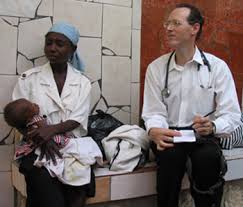Paul Farmer [1959-0] American    
Rank: 101
Educator, Anthropologist
Paul Edward Farmer is an American anthropologist and physician who is best known for his humanitarian work providing suitable health care to rural and under-resourced areas in developing countries, beginning in Haiti. Health, Medical, Design, Education, Future, Imagination |  |